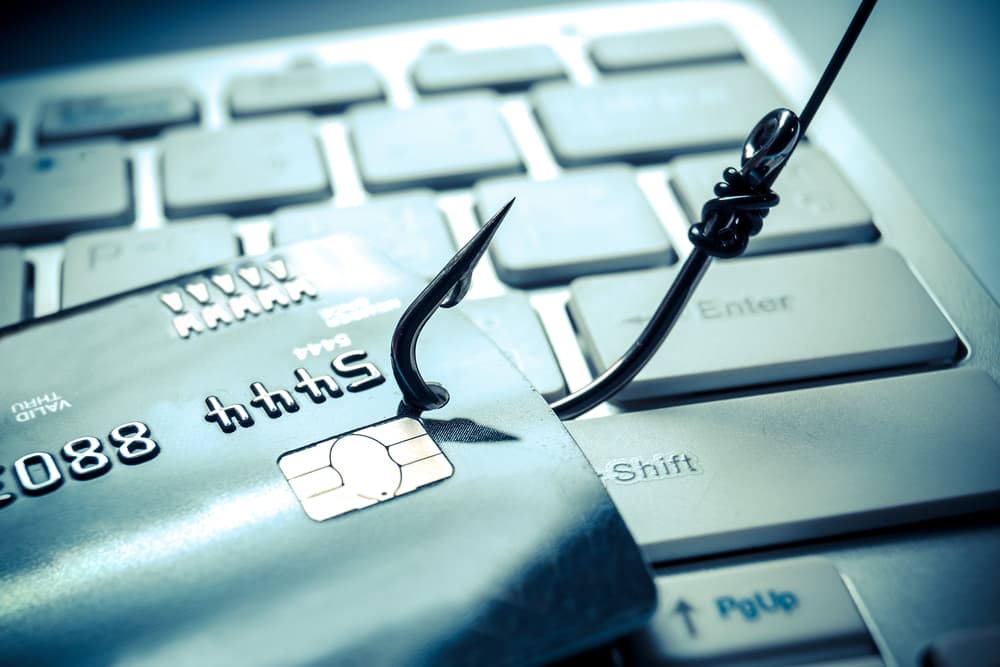Online safety of your computer, laptop, and mobile phone is vital to prevent your personal information from falling into the wrong hands. Any security lapse on your part can result in identity theft and financial loss through cyberattacks with major consequences. For example, an unprotected Wi-Fi network, weak passwords, and insufficient encryption tools can give criminals illegal access to your devices to intercept and steal sensitive data to steal money or carry out scams.
Also Read: Eknath Shinde Announces Setting Up Senior Citizens’ Welfare Corporation
Hackers employ techniques like sending phishing emails or infecting a device with malware to rob personal information. Hence, it becomes vital to have strong passwords, encryption tools, two-factor authentication, regular software updates, secure connections, etc., to prevent attacks.
Vipin Vindal, CEO of Quarks Technosoft, an IT consultancy firm, says, it is imperative to safeguard your personal details related to your bank, insurance, banking apps, etc. Hence, installing security features across all electronic devices is critical to boost the security of your financial data. Additionally, vigilance is the strongest ally against cybercrimes.
Here are some security features for your electronic devices that Vindal suggests to keep you safe.
Multi-Factor Authentication
Vindal recommends a multi-factor authentication (MFA) process for data protection. He suggests using “Complex, unique passwords and (a) multi-factor authentication (method) to ensure optimum security,” which provides a second layer of security beyond the usual password.
MFA involves a multi-step login procedure. Users may be requested to input a code delivered to their email address or registered mobile phone, answer a secret question, or scan their fingerprints in addition to their passwords.
Antivirus Software
Antivirus and anti-malware software are essential to protect against unauthorised access to your device, data breaches, and other threats that could result in identity theft and financial loss.
Vindal suggests installing reputable antivirus and anti-malware software to guard against malicious attacks that could compromise financial data.
Use Secure HTTPS Connections
He recommends always using secure, encrypted connections (HTTPS) when conducting financial transactions online or through net banking.
HTTP is a web protocol for transmitting data but lacks encryption and security features. HTTPS encrypts data between client and server to protect sensitive information, enhancing web security and safeguarding user information, thereby enhancing overall communication.
Software Update
Vindal says, “It is necessary to keep the operating systems and applications up-to-date as it often includes critical security patches that can protect against unforeseen and new vulnerabilities.”
Software updates are crucial for securing financial data on electronic devices.
They include security patches, enhanced protection, bug fixes, compatibility improvements, and compliance with current security standards. Regular software updates help protect financial information from unauthorised access and cyberattacks.
Also Read: Sukanya Samriddhi Scheme Vs NPS Vatsalya: How These Two Savings Schemes For Children Differ
Encryption Tools
An encryption tool is a software or system that serves three main functions: data protection, secure communication, authentication, and access control. Encryption tools are crucial for maintaining data privacy and security, especially for sensitive information like financial data, personal records, and confidential communications.
“Utilising encryption tools to protect financial data is of utmost importance. Encrypting the device’s storage ensures that even if the device is lost or stolen, the financial information remains inaccessible to unauthorised individuals,” Vindal advises.
He adds, “The use of public Wi-Fi for sensitive activities can be troublesome, and consider using a Virtual Private Network (VPN) for an added security layer.” A VPN encrypts internet connections, masks IP addresses, and secures online activities from eavesdropping, protecting sensitive data from hackers and unauthorised access on unsecured networks.




